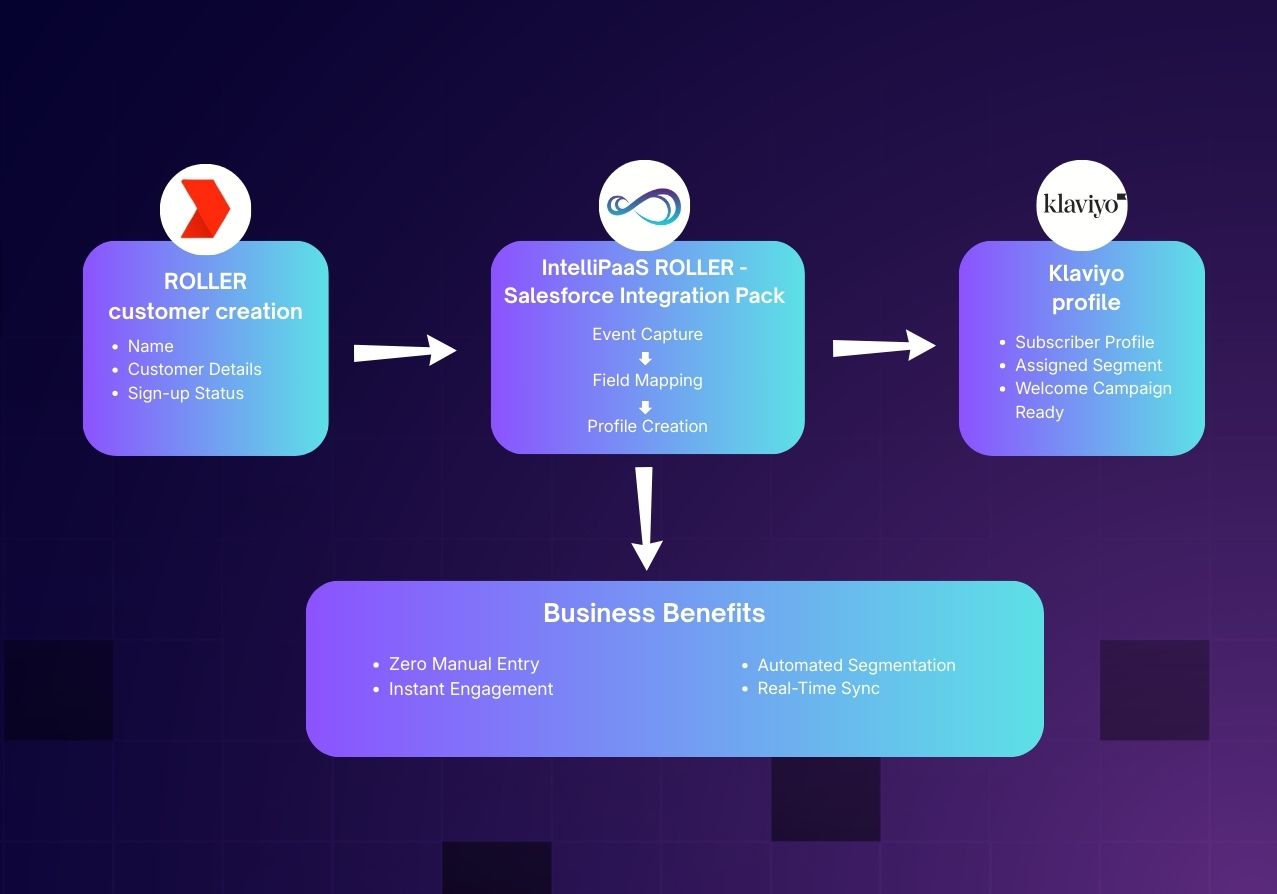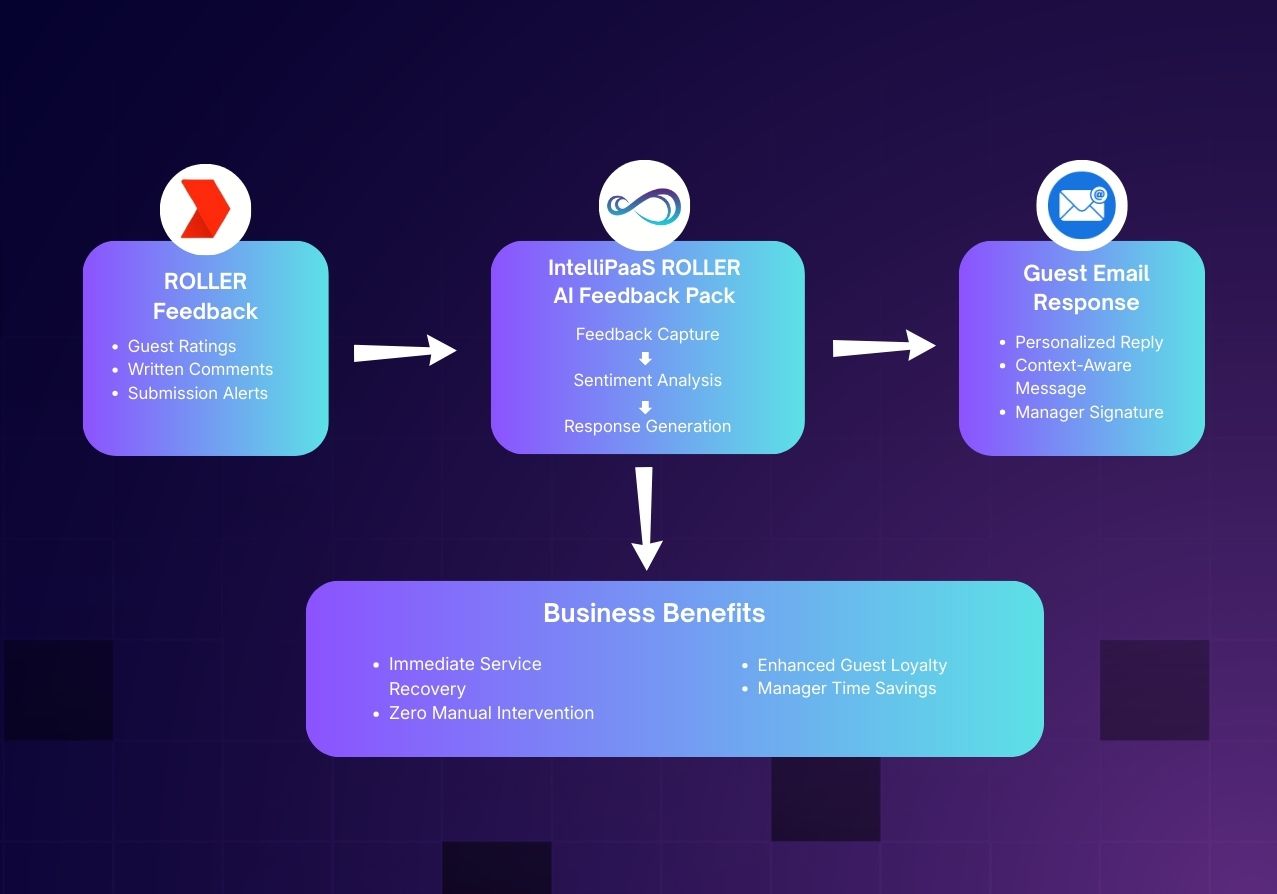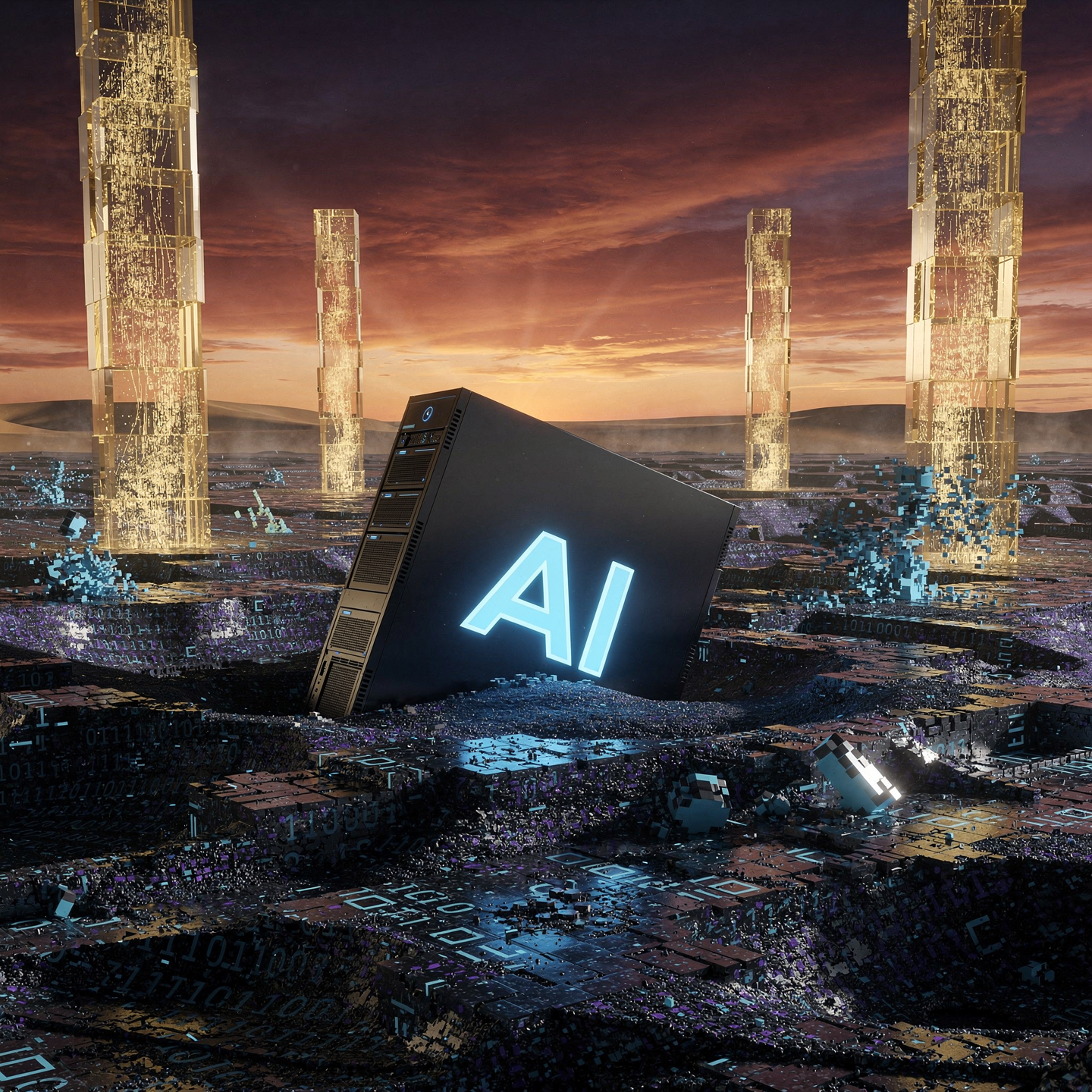In Disruptive Times, Resilient Enterprises Win - Why Seamless Integration is Your Innovation Lifeline
BCG’s latest Most Innovative Companies 2025 report delivers a clear message: in disruptive times, resilience is the deciding factor between leaders and laggards.

The study shows that companies that repeatedly rank as top innovators outperform the market by 2.4% in annual total shareholder return—even through downturns like the Great Recession and the COVID-19 pandemic.
The common thread? They master digital innovation, move faster than competitors, and adapt without losing control.
But there’s a hidden dependency in this equation—integration resilience. Without it, digital transformation stalls, AI initiatives underperform, and operational agility evaporates.
1. The BCG Findings in Brief
BCG’s research points to four capabilities that separate resilient innovators from the rest:
- Digital innovation is now non-negotiable – References to digital innovation in earnings calls have doubled since 2005, and the best innovators mention it nearly four times more often than peers.
- Agentic AI is accelerating change – AI capable of autonomous decision-making is transforming how quickly innovation can be brought to market.
- Resilience is built on adaptability – Leading companies can reconfigure their operating model, offerings, and market focus without friction.
- Global volatility demands flexibility – In a fragmenting world, C-suites must realign ambition, portfolio, talent, and footprint at speed.
2. Why Integration Determines Resilience
Digital transformation’s “invisible backbone” is the ability to connect, govern, and automate across your entire ecosystem of systems and data.
- No integration resilience → innovation fragility
- New tools can’t deliver value if they can’t access the right data at the right time.
- Governance gaps → compliance risks
- In regulated markets, every flow must be audit-ready by default.
- Slow change cycles → lost opportunity
- When integrations require manual scripting and patchwork fixes, innovation stalls.
3. How IntelliPaaS Enables Resilient Innovation
IntelliPaaS is purpose-built to make resilience operational:
- Low-code + pro-code flexibility – Rapidly build and adapt integrations without sacrificing depth.
- Smart governance baked in – RBAC, field-level redaction, and audit trails come as standard.
- AI-driven automation – Transform, route, and translate data on your infrastructure—cloud, on-prem, or air-gapped.
- Reusable, versioned connectors – Reduce DevOps bottlenecks and accelerate sprints.
4. Building for the Age of Agentic AI
As BCG notes, agentic AI is pushing the pace of change. Without a flexible integration layer, autonomous AI will hit a data wall.
IntelliPaaS lets enterprises deploy AI securely and seamlessly, feeding it governed, unified data from across the organisation.
5. Strategic Agility from the Integration Layer Up
When markets shift, the fastest-moving enterprises win. IntelliPaaS enables:
- Quick re-deployment to new geographies
- Rapid onboarding of acquired business units
- Flexible integration with emerging SaaS, ERP, and AI systems
Final Takeaways
BCG’s Most Innovative Companies 2025 report makes it clear: resilience is not just about weathering the storm—it’s about using disruption as a springboard for growth.
The research shows that top innovators achieve superior returns by combining adaptability with relentless digital innovation. But those capabilities depend on a strong integration backbone.
IntelliPaaS delivers that backbone—secure, governed, and flexible—so you can innovate faster, respond to change without breaking operations, and deploy AI on your terms.
Source: Boston Consulting Group – In Disruptive Times, the Resilient Win
Next step: Request a demo to see how IntelliPaaS can help your organisation turn integration resilience into a competitive edge.
See it in action: Explore our YouTube channel for demo videos that show how leading enterprises use IntelliPaaS to build resilient, AI-powered integration architectures.






.svg)


